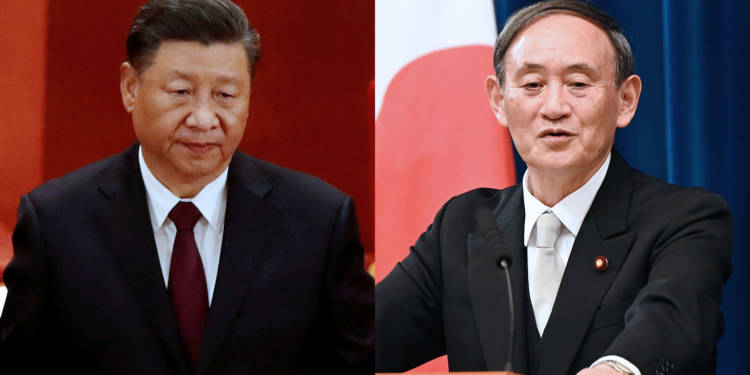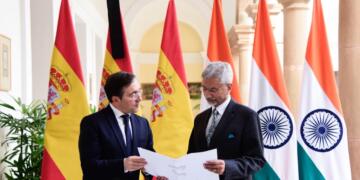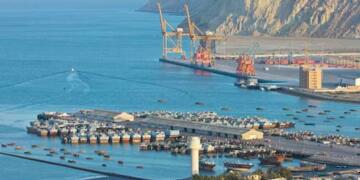Under Japanese PM Yoshihide Suga, the Defence Ministry has sought a budget of over 5.4 Trillion Yen (51.6 Billion USD) as per government sources for 2021. This increase of defence budget for the 9th consecutive time is happening in the face of ever-growing Chinese belligerence which analysts are calling to be the new wolf warrior diplomacy; Beijing is asserting its dominance, claiming territory be it land or sea all over its southern and eastern borders. One of these theatres of conflict with Japan is the East China Sea & the contested Senkaku/Diaoyu Islands, couple that with the threats emanating from new technologies be it missiles, cybersecurity & cognitive warfare, and we have a solid case for military modernization which is also keeping in line with the Abe-san’s policy of Proactive Peace.
The budget request will be made by the end of September that will be inclusive of “funding for a specialized electronic warfare unit as part of efforts initiated under Abe to strengthen capabilities in “new spheres” including cyberspace and outer space in a veiled counter to China and Russia” as reported in the Japan Times. And as was declared a couple of months earlier that Japan will be developing its domestic 5th Generation fighters, thus, the ministry will also fund the development of new jet engines that will power these next-generation fighters which are expected to be deployed by 2035. It also showcases the intentions of the new Prime Minister to continue with the efforts by his predecessor to bolster Japan’s defence and diplomatic strategy.
The news regarding the request for a hike in the budget makes more sense in the face of latest comments by the Defense Minister Nobuo Kishi “Developing the capability to strike enemy bases in response to impending missile launch is necessary to protect our nation”. This statement directly answers concerns regarding the North Korean Missile Programme, as Tokyo is looking for a possible alternative to the suspended Aegis Ashore anti-missile system.
The current security concerns are catalysed by the unpredictability of the world geopolitical situation and the fragility of domestic situations in many of the countries due to the pandemic and the following economic repercussions. These internal situations coupled with the possibility of cognitive warfare by the neighbours force the countries to turn inward and thus escalating the problems manifolds.
The East China Sea issue has been only escalating since the activity of the PLA has increased in the EEZs (Exclusive Economic Zones) mutually claimed by both Japan & China. The Defense Minister Nobuo Kishi, when asked about the recent incursions of Chinese vessels into Japanese claimed territories, said these incidents were extremely regrettable.
Stephen Nagy, a senior associate professor at International Christian University in Tokyo said “The Defense Ministry’s request for another modest increase in defence spending reflects the changing understanding of the security challenges Japan is facing and the tools it wishes to acquire to mitigate these challenges”, this statement is in line with the above analysis.
Kishi-san was also very hopeful about improving the relations with South Korea and stressed on the importance of regular conduct of communication through established channels with South Korea. Adding that, “I want to make arrangements as soon as possible for a three-way meeting of defence ministers from Japan, South Korea and the U.S.”
The current rise in the defence budget is historic in a way that it seeks for the highest amount till now, but in reality, this is the 9th consecutive increase in the budget and it is in line with the Japanese Defense White Paper, which gave importance to the North Korean missile programme, Chinese adventurism in East & South China Sea as well as the importance of the need for a proactive role by Japan in the Indo-Pacific region to preserve peace and open sea lines of trade and commerce. Thus, the increase in the budget should not be considered to be some sort of new approach, but it should be considered as a continuation of the security policy pursued during the Abe administration.



























